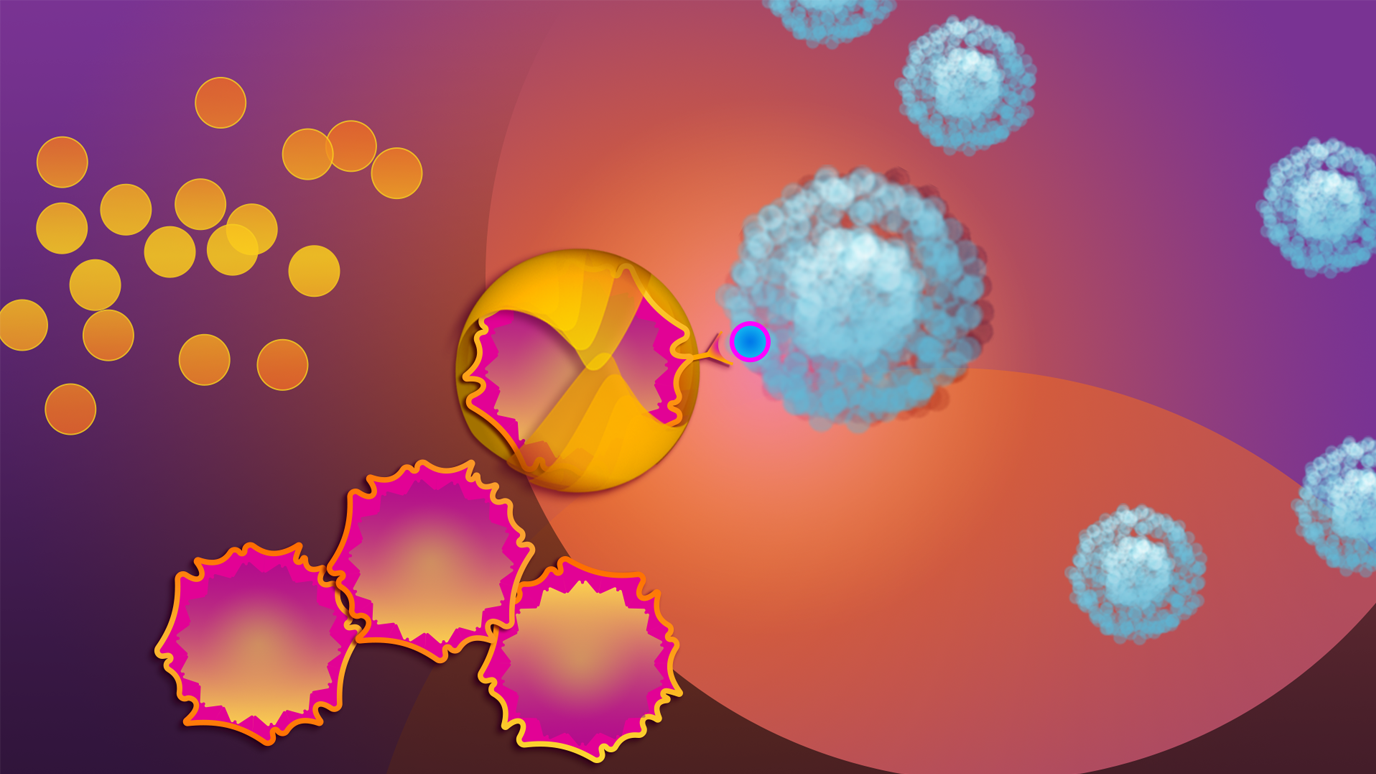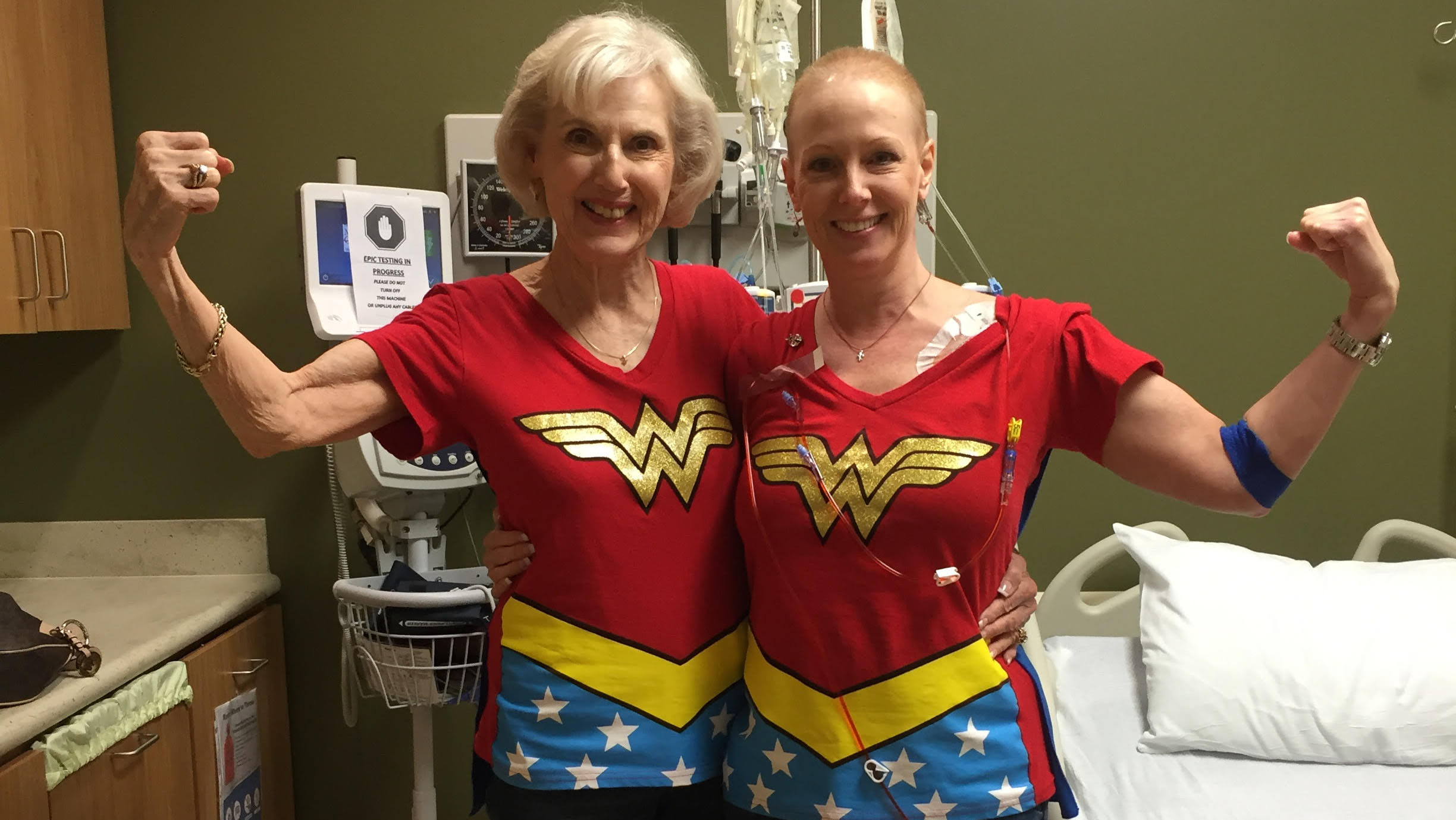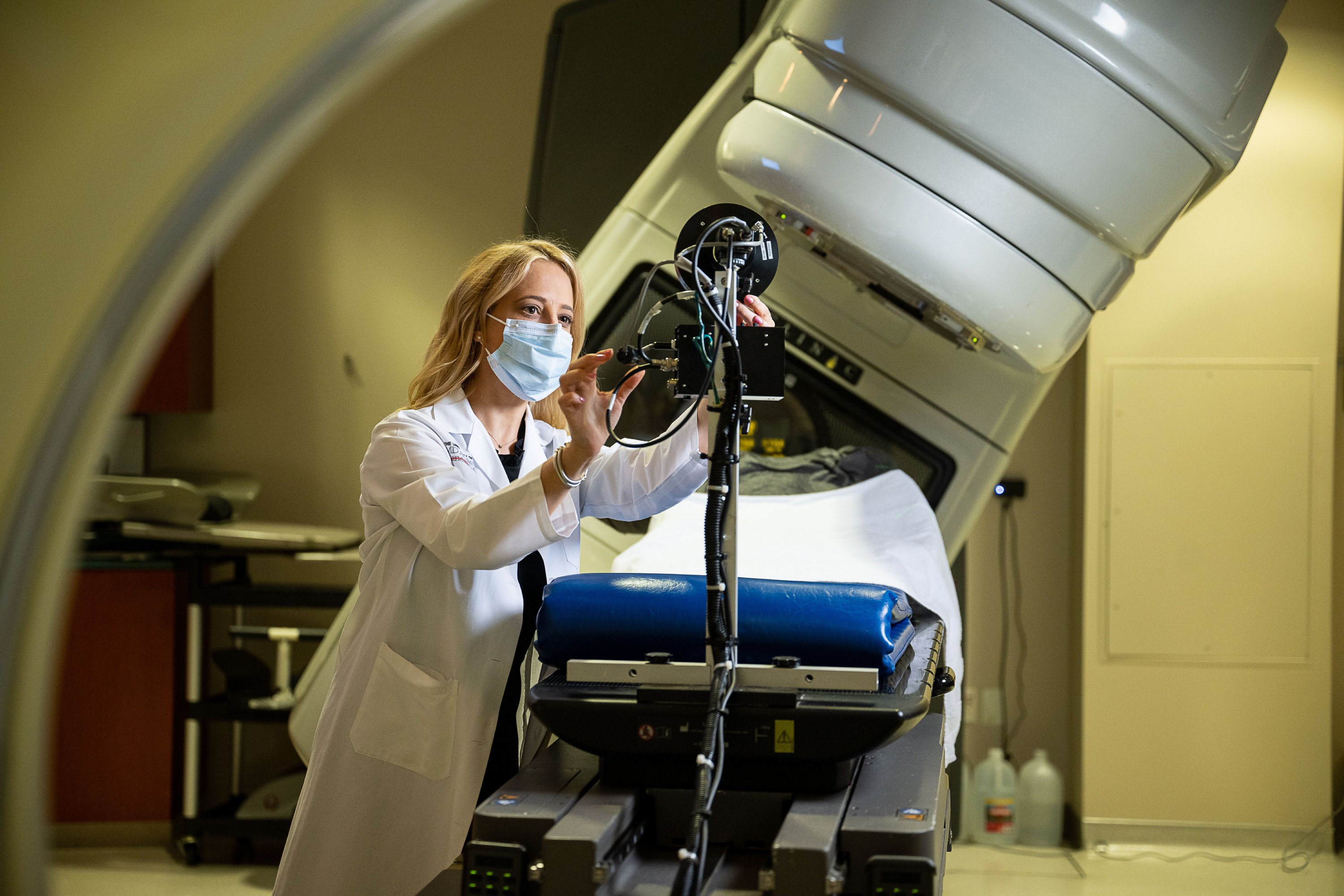- Diseases
- Acoustic Neuroma (16)
- Adrenal Gland Tumor (24)
- Anal Cancer (70)
- Anemia (2)
- Appendix Cancer (18)
- Bile Duct Cancer (26)
- Bladder Cancer (74)
- Brain Metastases (28)
- Brain Tumor (234)
- Breast Cancer (726)
- Breast Implant-Associated Anaplastic Large Cell Lymphoma (2)
- Cancer of Unknown Primary (4)
- Carcinoid Tumor (8)
- Cervical Cancer (164)
- Colon Cancer (168)
- Colorectal Cancer (118)
- Endocrine Tumor (4)
- Esophageal Cancer (44)
- Eye Cancer (36)
- Fallopian Tube Cancer (8)
- Germ Cell Tumor (4)
- Gestational Trophoblastic Disease (2)
- Head and Neck Cancer (14)
- Kidney Cancer (130)
- Leukemia (342)
- Liver Cancer (50)
- Lung Cancer (286)
- Lymphoma (278)
- Mesothelioma (14)
- Metastasis (30)
- Multiple Myeloma (100)
- Myelodysplastic Syndrome (60)
- Myeloproliferative Neoplasm (6)
- Neuroendocrine Tumors (16)
- Oral Cancer (102)
- Ovarian Cancer (178)
- Pancreatic Cancer (160)
- Parathyroid Disease (2)
- Penile Cancer (14)
- Pituitary Tumor (6)
- Prostate Cancer (150)
- Rectal Cancer (58)
- Renal Medullary Carcinoma (6)
- Salivary Gland Cancer (14)
- Sarcoma (238)
- Skin Cancer (300)
- Skull Base Tumors (56)
- Spinal Tumor (12)
- Stomach Cancer (66)
- Testicular Cancer (28)
- Throat Cancer (92)
- Thymoma (6)
- Thyroid Cancer (100)
- Tonsil Cancer (30)
- Uterine Cancer (86)
- Vaginal Cancer (18)
- Vulvar Cancer (22)
- Cancer Topic
- Adolescent and Young Adult Cancer Issues (22)
- Advance Care Planning (12)
- Biostatistics (2)
- Blood Donation (18)
- Bone Health (8)
- COVID-19 (360)
- Cancer Recurrence (120)
- Childhood Cancer Issues (120)
- Clinical Trials (628)
- Complementary Integrative Medicine (22)
- Cytogenetics (2)
- DNA Methylation (4)
- Diagnosis (238)
- Epigenetics (6)
- Fertility (62)
- Follow-up Guidelines (2)
- Health Disparities (14)
- Hereditary Cancer Syndromes (128)
- Immunology (18)
- Li-Fraumeni Syndrome (8)
- Mental Health (122)
- Molecular Diagnostics (8)
- Pain Management (62)
- Palliative Care (8)
- Pathology (10)
- Physical Therapy (18)
- Pregnancy (18)
- Prevention (936)
- Research (390)
- Second Opinion (78)
- Sexuality (16)
- Side Effects (616)
- Sleep Disorders (10)
- Stem Cell Transplantation Cellular Therapy (216)
- Support (408)
- Survivorship (328)
- Symptoms (182)
- Treatment (1788)
Best of Cancerwise 2018: Helpful insights from our experts
BY Devon Carter
3 minute read | Published December 19, 2018
Medically Reviewed | Last reviewed by an MD Anderson Cancer Center medical professional on December 19, 2018
A cancer diagnosis can provoke a range of emotions and prompt endless questions. So throughout the year, we shared dozens of insights from our experts to help patients and caregivers find the information they need to make decisions and feel more confident as they face cancer.
Here’s some of our experts’ most-read guidance from 2018.
9 things to know about CAR T-cell therapy
2018 brought a lot of buzz surrounding a new type of cancer treatment called CAR T-cell therapy. But what exactly is it? And who should consider it? Find out about this new type of immunotherapy from our Sattva Neelapu, M.D.
The keto diet and cancer: What patients should know
There’s no one food that can cure cancer, but that doesn’t stop such myths from circulating. Among the diets rumored to cure cancer is the keto diet. Learn the pros and cons in this Q&A with dietitian Maria Petzel.
Cancer patients and the flu: What you should know
When it comes to the flu, cancer patients are among those most vulnerable to infection. Read what our Roy Chemaly, M.D., wants cancer patients to know about the flu and how to protect themselves.
Should you get a central line for chemotherapy?
Many cancer patients receive chemotherapy as a part of their treatment plan. Sometimes, chemotherapy is delivered through a standard IV line. Other times, infusions are given through a central line catheter, such as a PICC, CVC or port. Our Tam Huynh, M.D., shares the differences between the options and how to know which one is right for you.
Updated colorectal cancer screening guidelines: What to know
This past spring, the American Cancer Society updated their colorectal cancer screening guidelines to recommend that average-risk adults begin screenings at age 45 rather than age 50. Read what our Y. Nancy You, M.D., wants you to know about colorectal cancer screenings.
Immunotherapy side effects: What to know
Does immunotherapy have side effects? And how are they different from those of other treatments, like chemotherapy and radiation therapy? Find out what our Van Morris, M.D., Sumit Subudhi, M.D., Ph.D., and Vivek Subbiah, M.D., want patients considering this new treatment option to know.
Pancreatic cancer surgeon: Individualized treatment makes the difference
Pancreatic cancer is difficult to diagnose and treat. But earlier detection and advances in treatment are extending lives. Learn from our Matthew H.G. Katz, M.D., how these improvements and individualized care are making a difference.
Hepatitis C and cancer: What to know
Hepatitis C is linked to liver cancer, non-Hodgkin’s lymphoma, cancer in the bile ducts, and possibly pancreatic and head and neck cancers. But when it’s found early and treated, hepatitis C can be cured, reducing your risk for cancer and other complications. Here’s what our Harrys Torres, M.D., wants you to know about hepatitis C and your risk of cancer.
Q&A: Understanding our Cancer Genomics Laboratory Moon Shot platform
Our Moon Shot ProgramTM is accelerating the pace at which we bring new treatments to patients and advance new ways of preventing and diagnosing cancer.. At the foundation of these advances is our Cancer Genomics Laboratory, which helps our experts understand how tumors grow, spread and evolve. Learn from scientific manager Maggie Morgan about the platform and how it impacts cancer research and treatment.
Breast cancer surgeon: Why people should choose MD Anderson first
Your first shot is your best shot at beating cancer. That’s because where you receive your initial breast cancer treatment – and what treatments you undergo – can affect the success of that treatment and other treatments you may receive in the future. Our Makesha Miggins, M.D., shares why you should choose MD Anderson.
Depression during cancer treatment: When it’s more than the blues
A cancer diagnosis can bring stress, anxiety and even sadness. But in some cases, that sadness is more than just the blues. Our Pamela J. Schlembach M.D., shares how to cope with the mental toll of a cancer diagnosis and when to seek help.
Request an appointment at MD Anderson online or by calling 1-77-632-6789.






